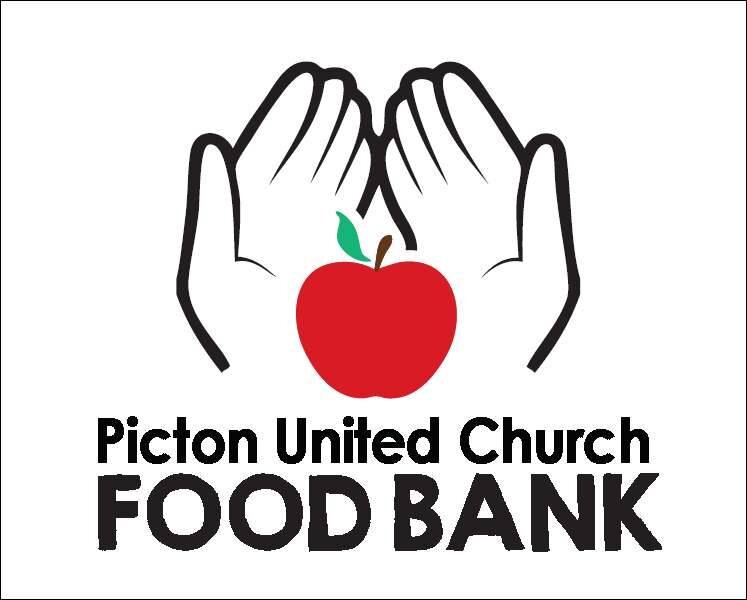



ABOUT
About long Point Honey Co.
ABOUT
About long Point Honey Co.
“while the bee with honied thigh,
that at her flowery work doth sing”
–John Milton
I am Julie White, beekeeper and owner of Long Point Honey Co. I started LPHC in 2010 in response to a long-held passion for bees, the love of our local eco-system, and a desire to produce the most delectible wild honey imaginable.
These are my guiding principles:
Bees first. The well-being of the bees will never be compromised. They will always have enough honey to sustain them through our long winters. They will never knowingly be exposed to synthetic pesticides or herbicides. Their hives will be managed respectfully and minimally, but responsibly.
Organic management. We will maintain our operations in compliance with the best practices of organic production embodied in the certification process to produce the purest, most delectable honey imaginable within the smallest possible environmental footprint. However, due to the grasslands recovery work being undertaken by the Canadian Wildlife Service in my forage area, which uses chemicals not allowed under the Canadian Organic Regime, LPHC has suspended its organic certification for the time being.
Community focus. Community means more to us than producing locally – although this is very important to us – but also includes being part of, and giving to, the community. (see below)
Continuous learning. Beekeeping is both an ancient art and a modern science. We will continue to study, learn from doing, and listen to the wisdom of others.

ORGANIC CERTIFICATION
Organic Certification
ORGANIC CERTIFICATION
Organic Certification
“there has she been with her lion red body her wings of glass”
–Sylvia Plath
Why We Are Committed to Organic Management
Note: Long Point Honey has been certified organic since its inception in 2010. However, due to grasslands reclamation work being undertaken by the Canadian Wildlife Service within its forage area, LPHC has suspended its certification for the time being. However, we are still employing all the principles and practices embodied in the certification process. I’m maintaining the following information on the organic regime for your information.
What Organic Honey Means:
In brief, certified honey will ensure:
That the bees have not been exposed to pesticides or herbicides within their forage area, a radius of 3 km from the beeyard (28 sq.km.). Bees will rarely forage beyond 3 km unless nectar is scarce. In the case of Long Point Honey, our forage area (located within Prince Edward Point National Wildlife Reserve) is a peninsula, therefore it is contained on three sides by Lake Ontario, and on the fourth side by a distance of 10 km from any crops that might use pesticides. Our few residential neighbours have signed an affidavit that they do not use pesticides.
That no synthetic chemicals are used at any stage of the beekeeping process. The certification process goes farther than prohibiting synthetic chemicals for the treatment of pests or diseases in the hive, and includes such things as non-toxic paint on the hives and organic cleansing products for honey extraction, the honey house and hive storage facility. As well, no synthetic materials can be used in the smoker beekeepers use to calm the bees during inspections. (We use dried sumac berries.) Certification standards specify that bees can be removed from the honey supers prior to extraction only through brushing, shaking or the use of bee escapes.
That the nutritional value of the honey hasn’t been compromised by heating or filtering. Most people are aware that honey shouldn’t be heated, but the certification standards extend to the harvesting process itself. To remove honey from the frame, the outer layer of wax must be cut away. Organic practice requires a cold knife; some beekeepers use a hot knife for ease and speed, which heats the honey. As well, organic standards distinguish between straining and filtering. They allow for the straining of honey through a sieve to remove bits and pieces. Filtering, which is a more invasive process used to minimize crystalization, is prohibited.
That the standards are applied and monitored. The certifying agency requires significant record keeping on process and production and reviews them and other compliance issues during an annual site visit.

COMMUNITY
Community Support
COMMUNITY
Community Support
“the mad sky dive through shards
of diamond light”
–Di Brandt
Long Point Honey is committed to using its all of its profits to support community efforts in Prince Edward County. For 2019, they included:
Prince Edward Point Bird Observatory (PEPtBO)
PEPtBO is a not-for-profit, registered charity dedicated to the monitoring and research of migratory bird populations. They are official caretakers of the Prince Edward County South Shore Important Bird and Biodiversity Area (IBA) a globally significant area that comprises over 40 km of Lake Ontario shoreline, and 90 square kilometers of land and water habitat. Home of Long Point Honey Co.
Picton United Church Foodbank
The Picton United Church County Foodbank began in 1984 and continues to be staffed entirely by volunteers from the County for residents of the County.
Long Point Honey Co. is contributing 15% of its harvest to this important initiative this year.
New Page
New Page


